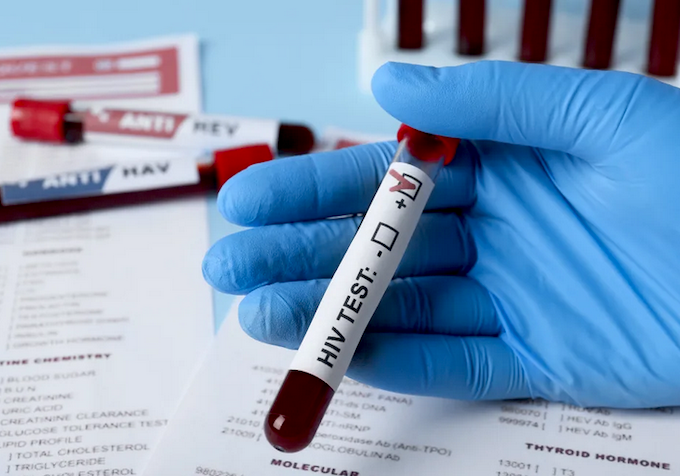
Fiji’s Minister for Health and Medical Services has declared an HIV outbreak.
Dr Ratu Atonio Rabici Lalabalavu announced 1093 new HIV cases from the period of January to September 2024.
“This declaration reflects the alarming reality that HIV is evolving faster than our current services can cater for,” he said.
“We need the support of every Fijian. Communities, civil society, faith-based organizations, private sector partners, and international allies must join us in raising awareness, reducing stigma, and ensuring everyone affected by HIV receives the care and support they need.”
In early December, the Fiji Medical Association called on the government to declare an HIV outbreak “as a matter of priority”.
As of mid-December, 19 under-fives were diagnosed with HIV in Fiji.
The UN Development Programme has recently delivered 3000 antiretroviral drugs to Fiji to support the HIV response.
World’s largest epidemic
A report released in mid-2024 showed that in 2023, 6.7 million people living with HIV were residing in Asia and the Pacific, making it the world’s largest epidemic after eastern and southern Africa.
“Among countries with available data, HIV epidemics are growing in Afghanistan, Bangladesh, Fiji, the Lao People’s Democratic Republic, Papua New Guinea and the Philippines,” the report said.
The regional director of UNAIDS Asia Pacific Eamonn Murphy said rising new infections in Fiji “put the entire Pacific region at risk”.
“Prioritisation of HIV by the government is critical for not only the people of Fiji, but the entire Pacific,” he said.
“Political will is the essential first step. There must also be community leadership and regional solidarity to ensure these strategies work.”
UNAIDS said the 1093 cases from January to September was three times as many as there were in 2023.
Preliminary Ministry of Health numbers show that among the newly-diagnosed individuals who are currently receiving antiretroviral therapy, half contracted HIV through injecting drug use. Over half of all people living with HIV who are aware of their status are not on treatment.
Second-fastest growth
“Fiji has the second fastest growing HIV epidemic in the Asia and the Pacific region,” Murphy said.
He said the data does not just tell the story about a lack of services, but it indicates that even when people know they are HIV-positive, they are fearful to receive care.
“There must be a deliberate effort to not only strengthen health systems, but to respond to the unique needs of the most affected populations, including people who use drugs.
“Perpetuating prejudice against any group will only slow progress.”
UNAIDS also said the HIV Outbreak Response Plan called for a combination of prevention approaches.
Since the sexual transmission of HIV remains a significant factor, other key approaches are condom distribution and pre-exposure prophylaxis (PrEP), a treatment taken by an HIV-negative person to reduce the risk of contracting HIV if they are exposed.
UNAIDS support
Through the Australian government’s Indo-Pacific HIV Partnership, UNAIDS is supporting Fiji to scale up prevention approaches.
United Nations Resident Coordinator in Fiji Dirk Wagener said the outbreak declaration and the launch of high-impact interventions, such as needle syringe programmes and PrEP, marked a critical turning point in Fiji’s efforts to combat the epidemic.
“The Joint UN Team on HIV, with UNAIDS as its secretariat, stands ready to provide coordinated and sustained support to ensure the success of these strategies and to protect the most vulnerable.”
The HIV Surge Strategy includes tactics for Fiji to achieve the Global AIDS Strategy targets — 95 percent of all people living with HIV aware their status, 95 percent of diagnosed people on antiretroviral therapy, and 95 percent of people on treatment achieving a suppressed viral load.
This article is republished under a community partnership agreement with RNZ.













































